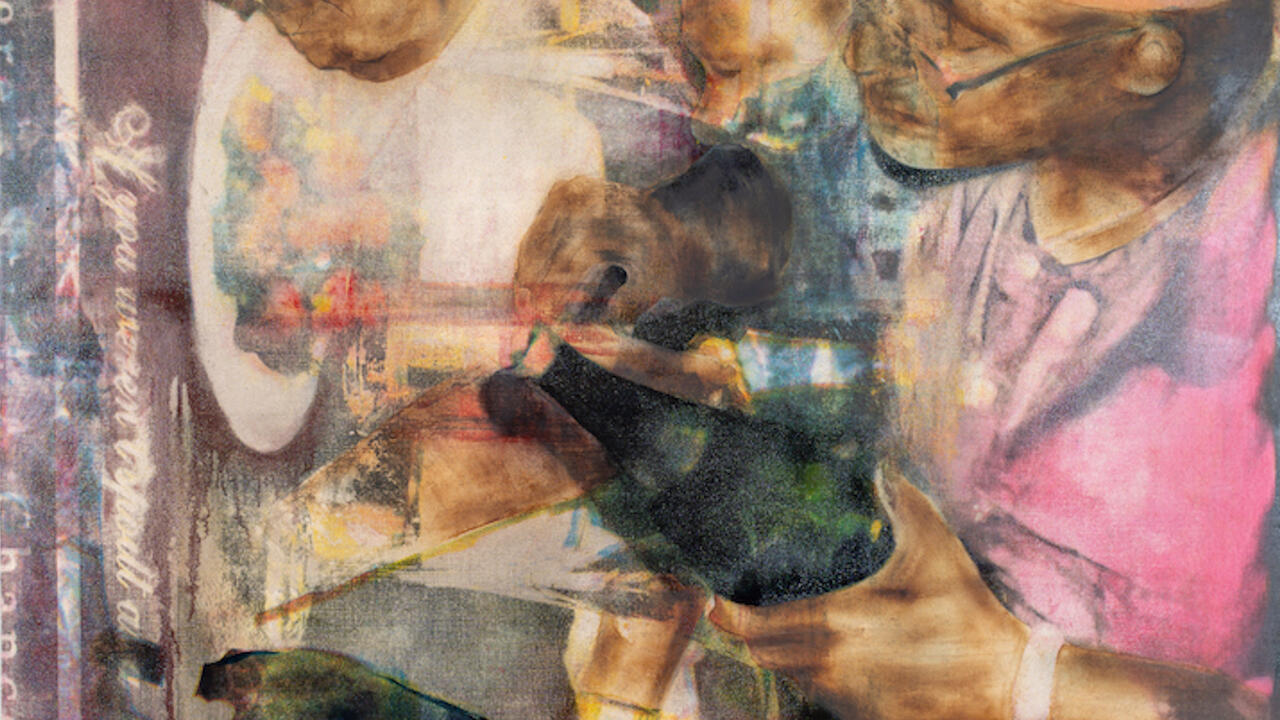Anna Parkina
In the mid-1990s, in Berlin’s Künstlerhaus Bethanien, Frances Stark had an exhibition in a broom-cupboard-sized project room initiated by artist Sharon Lockhart. The memory of that modest show popped into my head like the face of an old friend when I started thinking about Anna Parkina’s recent low-key book presentation and exhibition. Back then, Stark showed some fragile, aesthetic, neurotic, crossed-out text drawings and some other works with Vogue-like alliterative lettering and lots of white space, all of which she probably brought with her from Los Angeles in her hand luggage. Parkina’s exhibition could also have been packed in a suitcase and, like Stark’s, was imaginative and refined about the relationship between language and art and the possibilities of Conceptual art meeting storytelling, graphics and illustration on a tangent – even though the Russian, Paris-based artist’s work comes, in terms of its visual inspiration and narratives, from the next generation and the other side of world.
Josef Strau, artist and organizer of the non-profit space Galerie Meerrettich (which is housed in a 1960s pavilion that used to be a theatre box office and whose tongue-in-cheek name translates as ‘horseradish’), has been running his space off his own back for over two years and in that time hosted exhibitions by the likes of Isa Genzken, Josephine Pryde, Julian Göthe, Paulina Olowska and Lukas Duwenhögger, all of whom had to rise to the challenge of the venue’s unorthodox three glass walls and conspicuous visibility from the street. The main point of the show was to give Parkina the opportunity to present her new book Zapovednik (Nature Reserve, 2005) – a volume of expressionistic screen prints of dark houses, beasts and shadowy paths interspersed with handwritten text. One wall was covered by a collage in a similar style, entitled Lady Personal Advisor (2005), depicting a wild paper wolf with a hooked paw. Until now, aside from hosting exhibitions in her apartment, Parkina has produced a number of black and white art fanzines or artist’s books filled with her own and friends’ wild drawings and collages. Violence, psycho-sexual and political subject matter collide in styles that suggest Tracey Emin, Jonathan Meese, Nicole Eisenman, Raymond Pettibon and Elke Krystufek sharing a pen at a Ouija board late one night.
Parkina’s use of text on the glass windows of the pavilion was striking, intriguing and ghostly. Taped to the door was a yellowing document explaining the show, using a wonkily spelt and grammatically idiosyncratic Euro-English. In an idiom and accent suggestive of a thick fog that has seeped out beyond any real time and place, it declared: ‘We have recently discovered a secret correspondance [sic] which happened during the 5 World War … concerning the return of the clandestine territories back to natural reserve. If we had discovered this correspondance in time, billion [sic] of lives would have been saved and many weapons kept for the good.’ Meanwhile the windows were having a conversation with each other. Drawn on the glass in black and white marker pen were two texts – a loopy one on the outside and another in more brute block letters, written the other way round, on the inside. They answered and interrupted each other, generating a kind of coded, criss-cross stream of consciousness between two fictional characters. The first, Capitan Brightung, offered musings such as ‘After froasty [sic] night a deep shaggy shadom [sic] breath of the knight’, while the responses of the second, Numberry, included ‘Time of desolation is a path inside bright wood and one dirty wing have to wash all clean thing’.
The exhibition seemed haunted by World War II, but seen from a great distance and chillingly set in the future. Broken or deformed English can result in poetry, and certainly to those fatigued by hunting in dense forests for clarity a little bit of visionary semi-nonsense can be as soothing as an unexpected clearing. I wonder how Parkina’s story will unfold.














